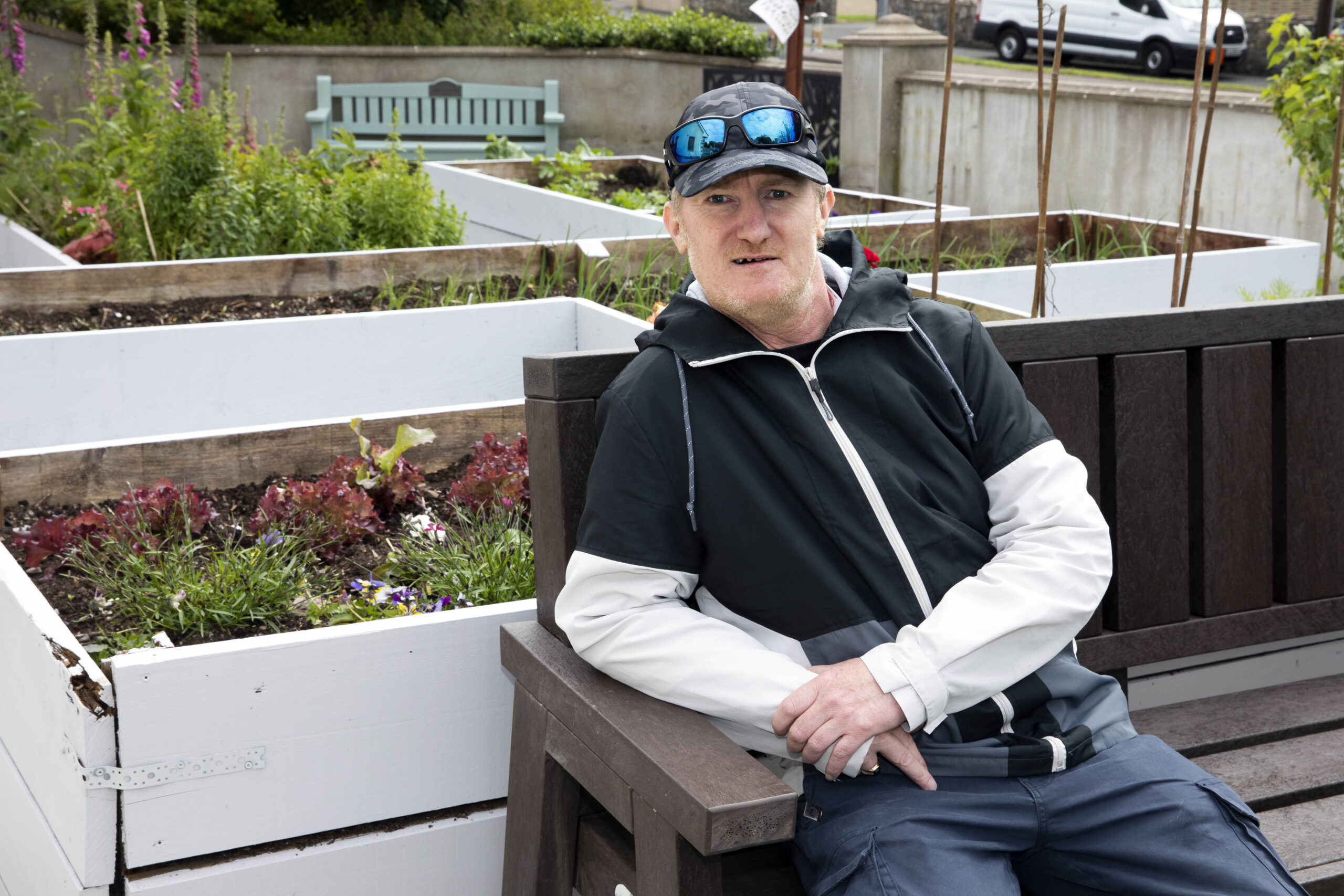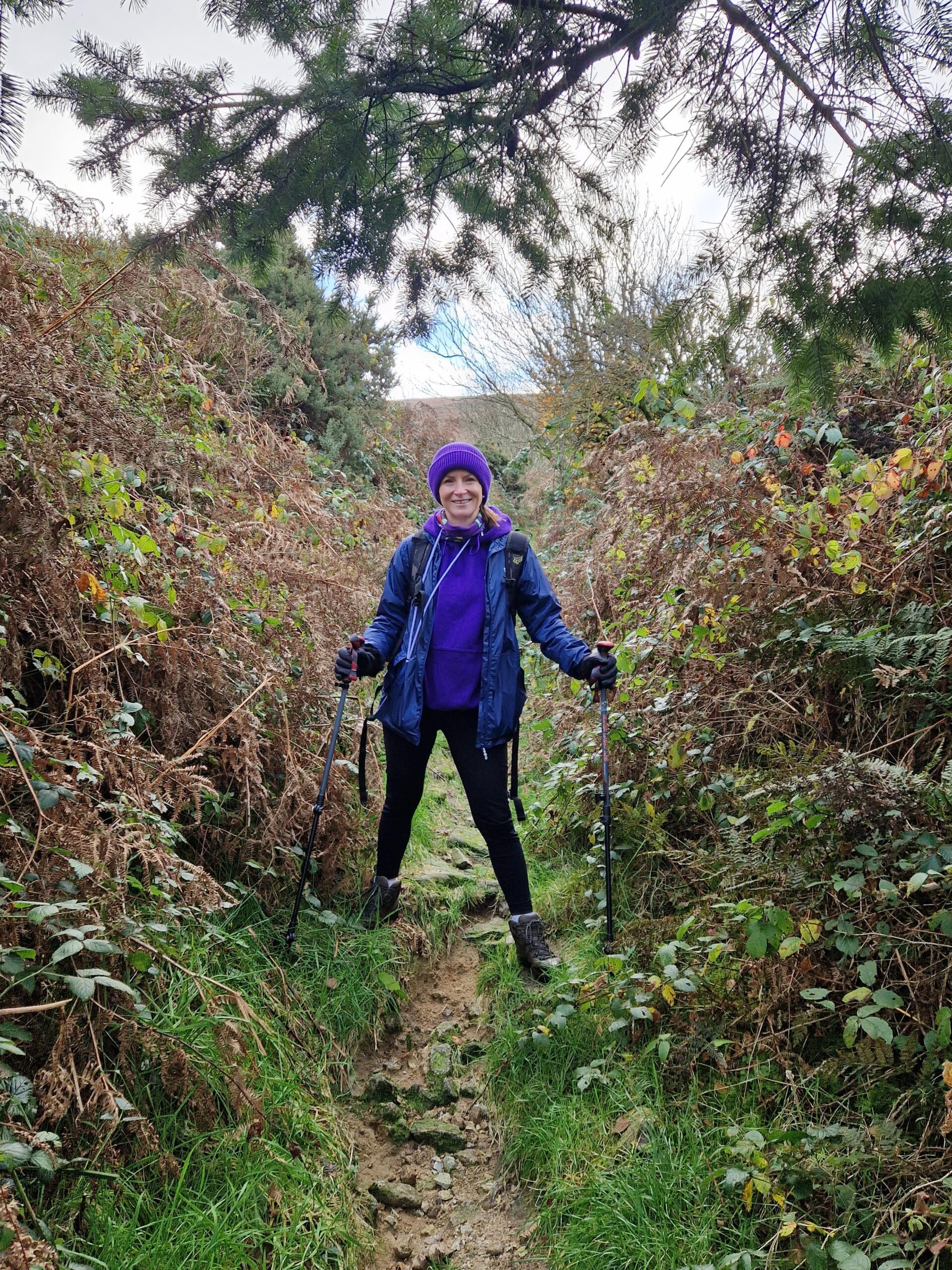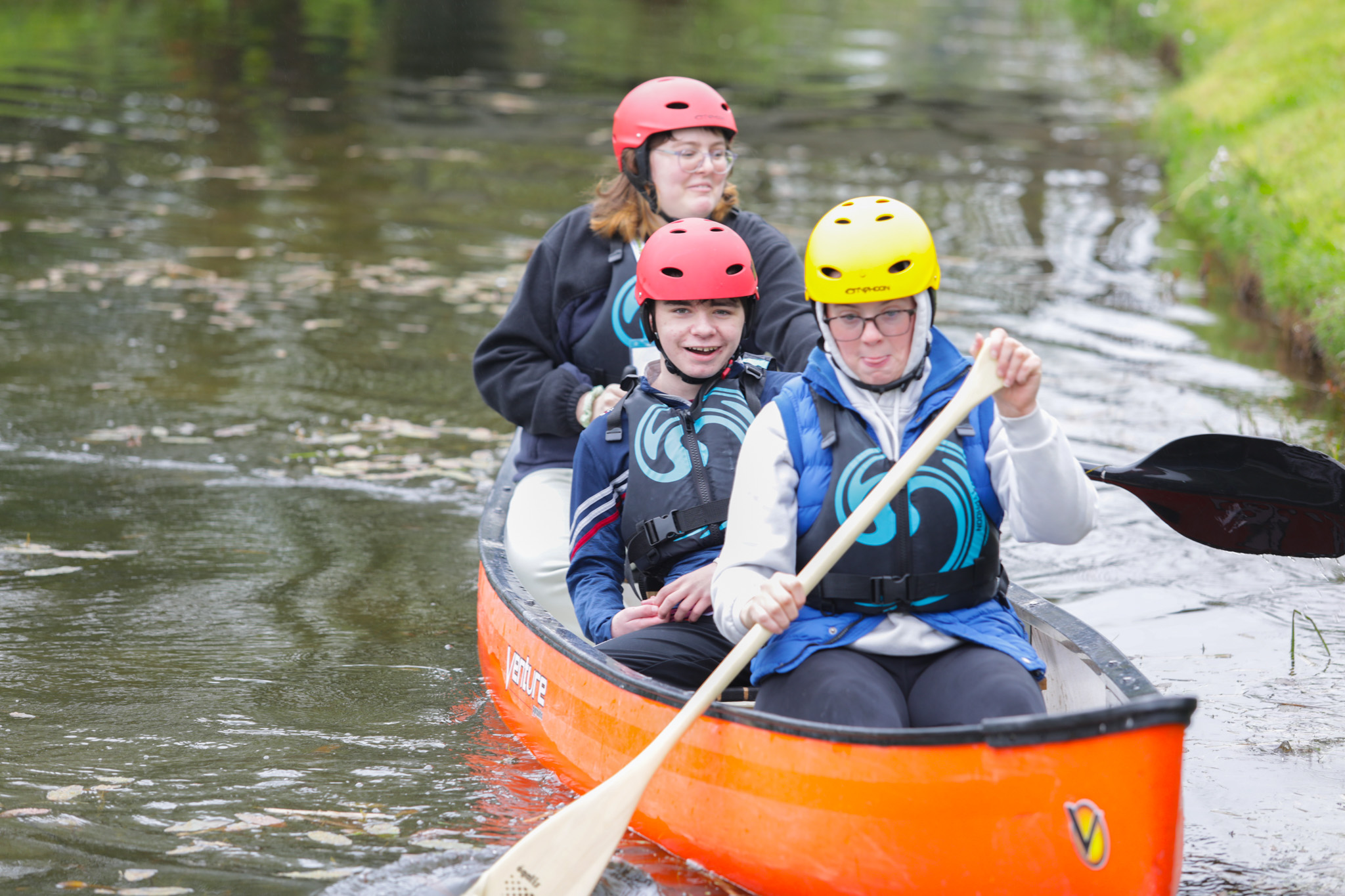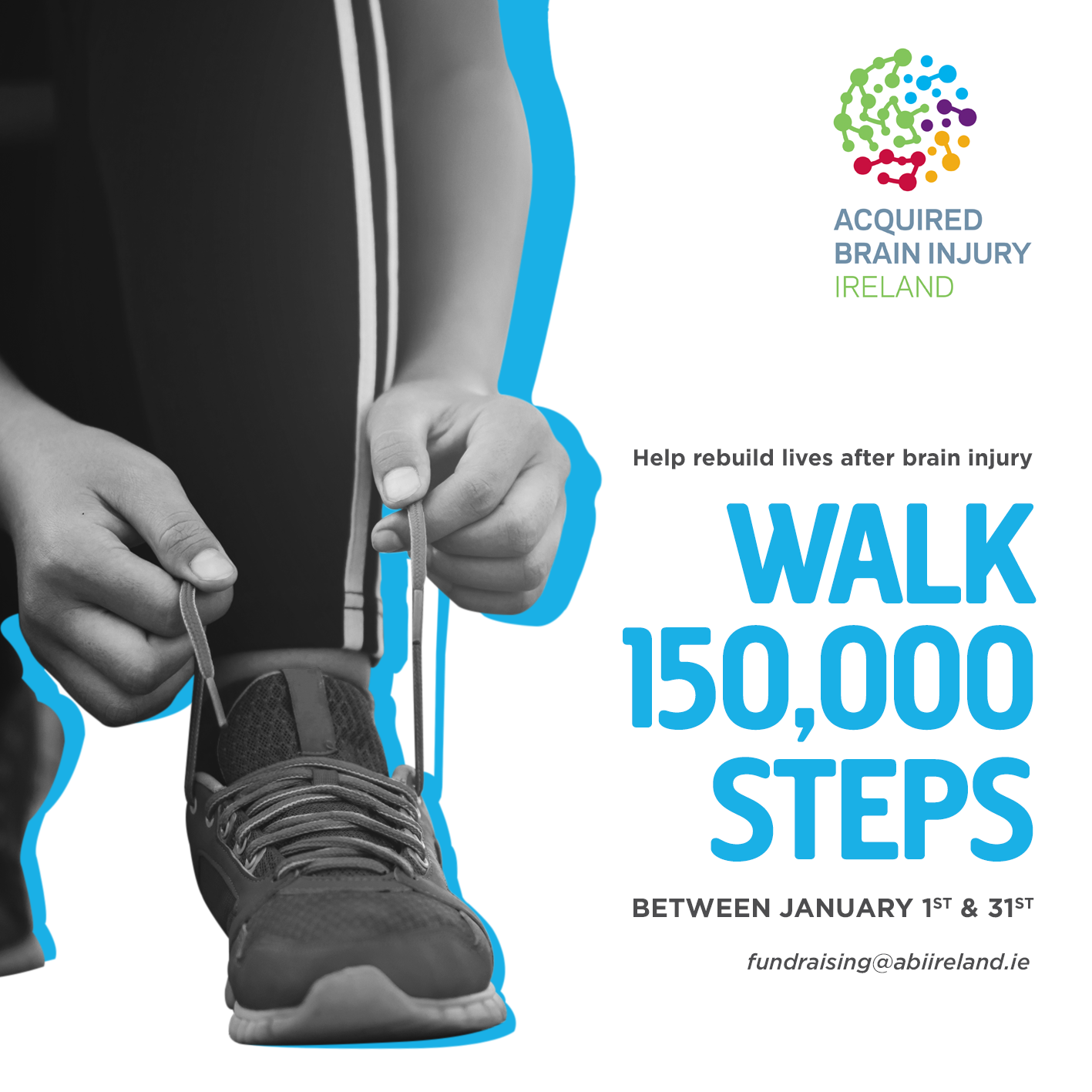Why Rehabilitation Matters
“Rehabilitation services benefit health and society, individuals, communities and national economies. Investment in rehabilitation increases human capacity by allowing people with a health condition to achieve and maintain optimal functioning, by improving their health and by increasing their participation in life, education and work.”
– World Health Organisation, 2017
The Global Picture
In 2017 the World Health Organisation (WHO) published its ‘Rehabilitation in Health Systems’ report. The report made strong recommendations for investment in rehabilitation services and provided compelling evidence to show why rehabilitation matters.
The report described how rehabilitation is designed to “optimise functioning and reduce disability in individuals with health conditions.” In other words, it maximises people’s ability to live, work and learn to their best potential.
The report also stated that “Rehabilitation can expedite hospital discharge, prevent readmission, and allow people to remain longer in their homes”, therefore saving on costly hospital stays or alternative placement in institutional care, such as nursing homes.
The WHO recommended to global Governments and policy-makers that rehabilitation should be available both in hospitals and within the community. It also recommended that money should be allocated to rehabilitation services.
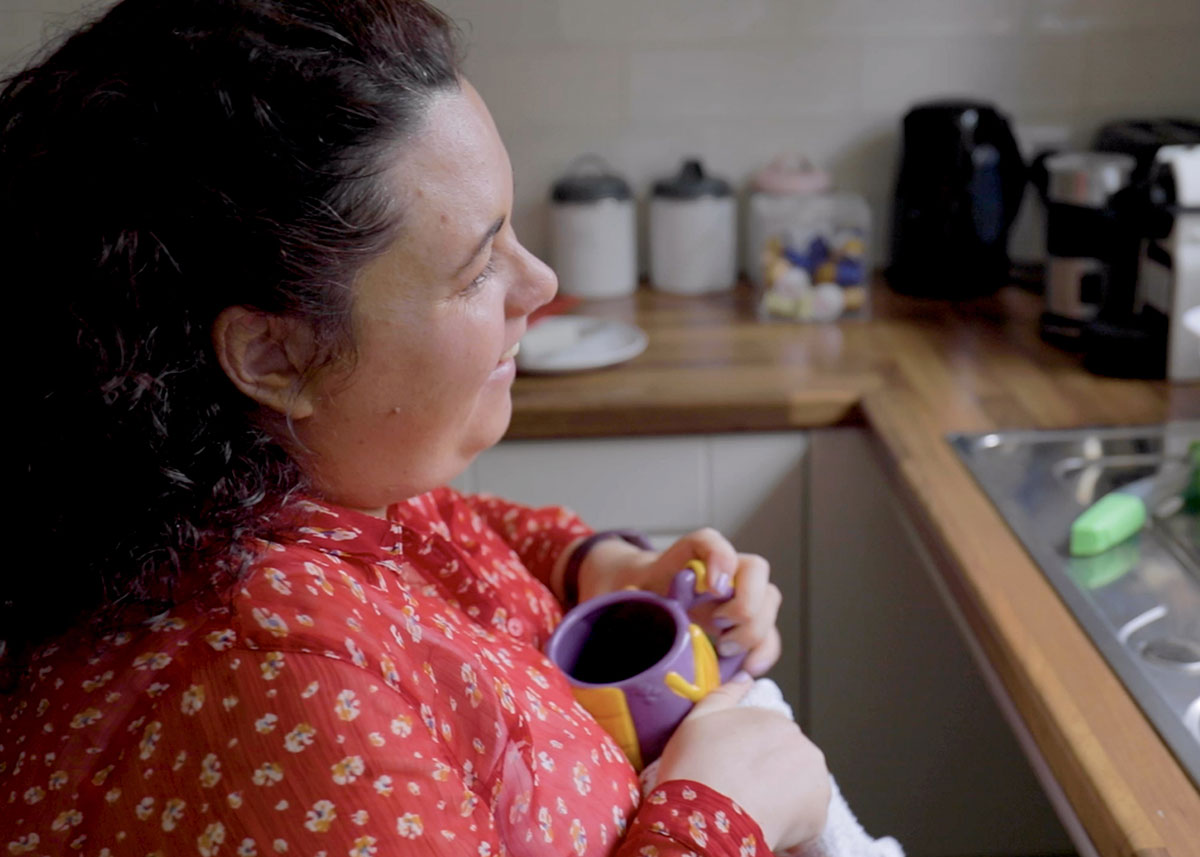
Why Rehabilitation Matters in Ireland
The main policy document to progress neuro-rehabilitation services in Ireland is ‘From Theory to Action’, the HSE’s 2019 Implementation Framework for the National Neuro-Rehabilitation Strategy. This document very clearly states the value of neuro-rehabilitation:
“Rehabilitation is a dynamic and critical component of any modern health care system. Rehabilitation improves health outcomes, reduces disability and improves quality of life.”
– Implementation Framework 2019-2021, HSE
A 2020 research paper from Trinity College Dublin said the evidence is clear that early access to specialised neuro-rehabilitation services provides better health outcomes for brain injury survivors, their families and society at large.
The paper concludes that “if governments can overcome what is often short-term thinking and prioritise the implementation of neuro-rehabilitation services through a robust policy process, they can make a life-changing difference for people with brain injury” and their families.
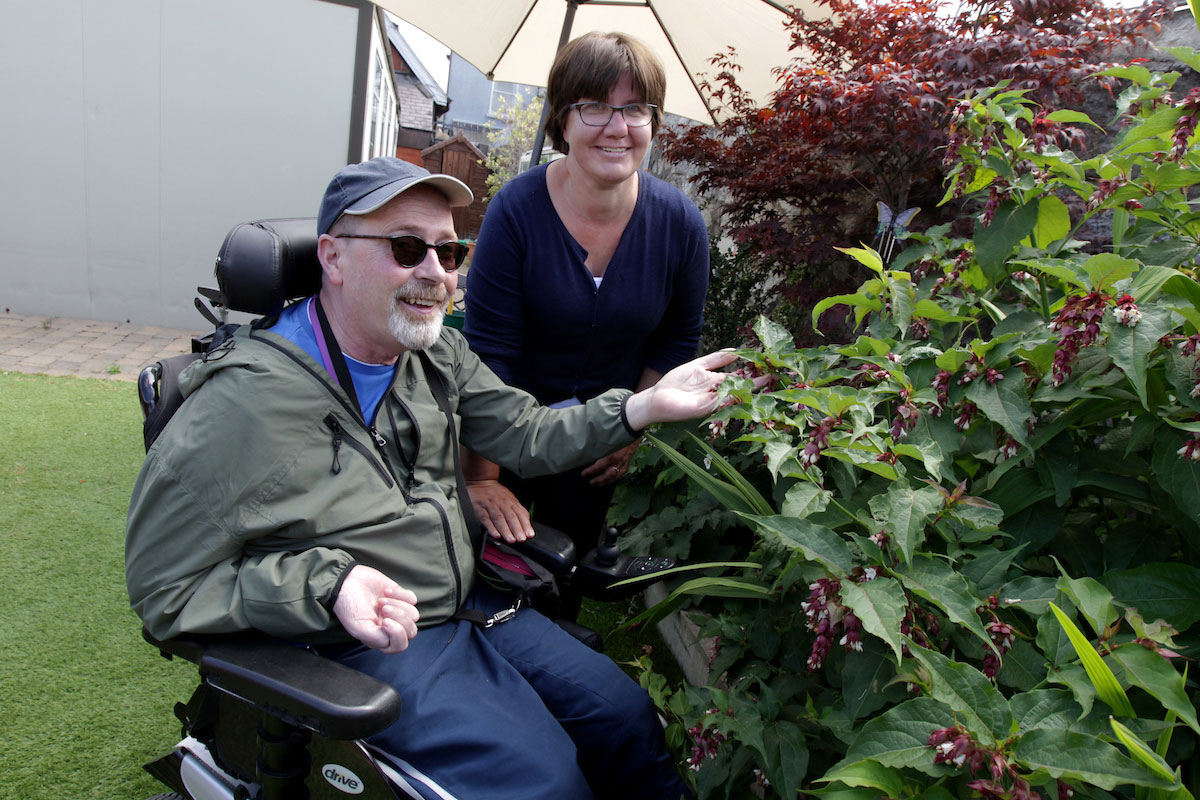
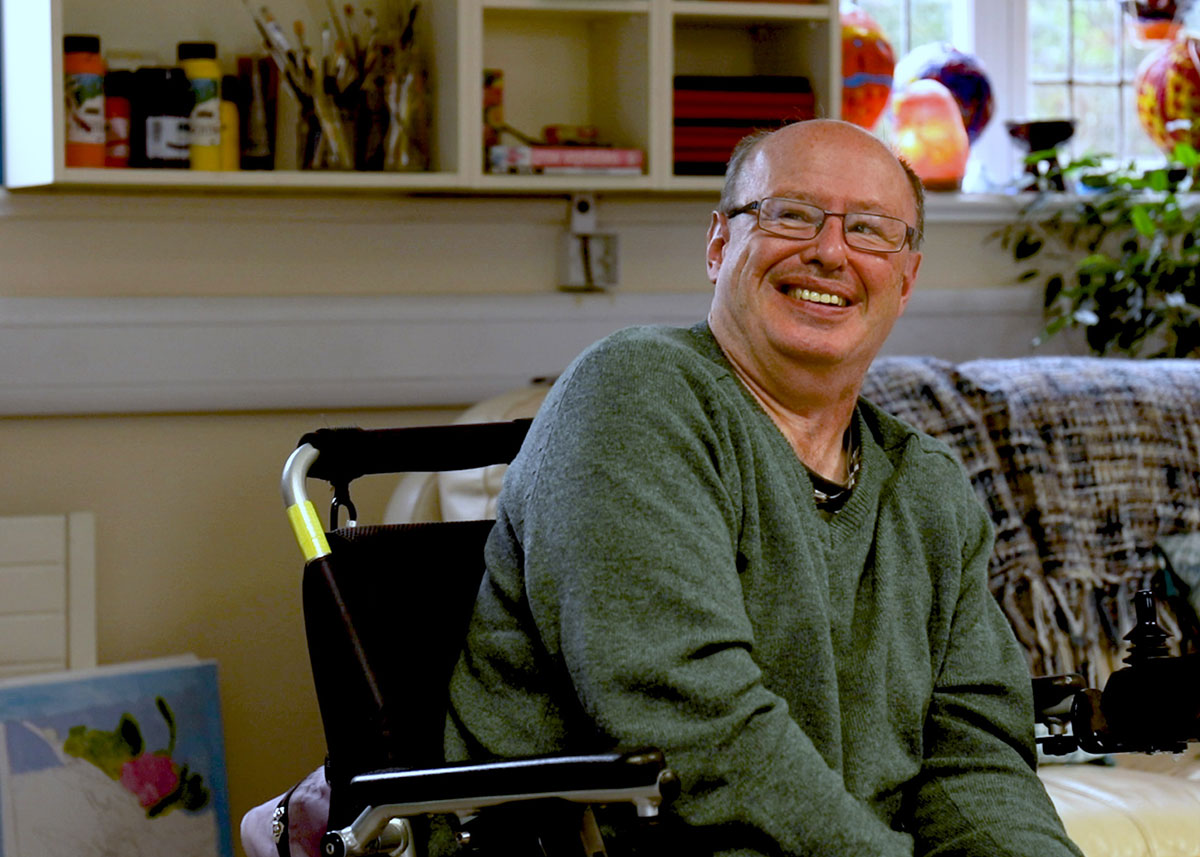
Rehabilitation Makes Economic Sense
“There is a significant and emerging body of international evidence to support the benefit and cost effectiveness of specialist rehabilitation services within a modern health service.”
– Implementation Framework 2019-2021, HSE
The HSE’s Implementation Framework references clear evidence that better access to specialist rehabilitation services improves outcomes for the person and lessens the burden of disability.
This evidence demonstrates:
- the cost effectiveness of high quality intensive interdisciplinary neuro rehabilitation with respect to functional outcomes
- the positive correlation between earlier access and better functional outcomes for patients,
- reduced burden of care and lifelong costs following specialist rehabilitation
The economic value of rehabilitation
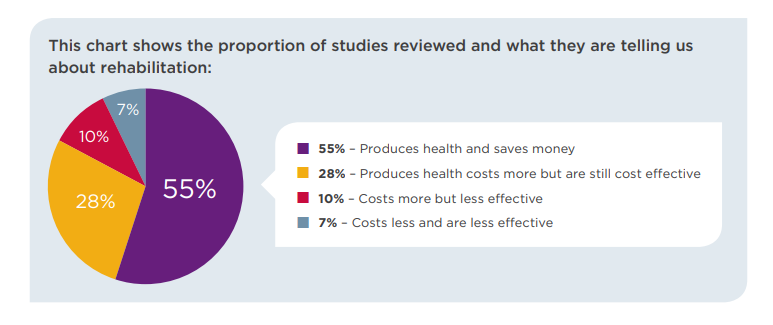
The Value of Non Pharmacological Interventions for People with an Acquired Brain Injury: A Systematic Review of Economic Evaluations
Mitchell E et al (2022)
Cost effectiveness of our brain injury Case Management services
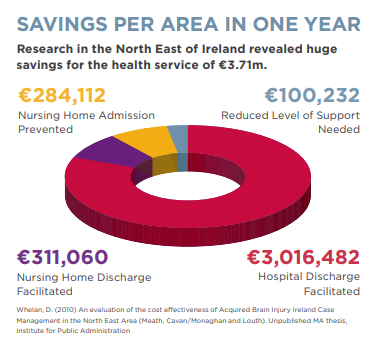
Research in the North East of Ireland revealed how Case Management made huge savings to the health service of €3.71m.
Rehabilitation Changes Lives
1,300
young people are living in nursing homes in Ireland. Many are there because of the lack of appropriate services and suitable housing in the community, and most of them are living with an acquired brain injury or stroke.
21
people currently living in our Assisted Living houses were previously placed inappropriately in nursing homes.
16
people have successfully transitioned from nursing homes to more appropriate settings via our Case Management service.
Since 2000
25
people have successfully transitioned from nursing homes to more appropriate settings via our Assisted Living service
Since 2000
Evidence: Rehabilitation Matters
We continue to support and invest in research to back up our case for more accessible, better resourced neuro-rehabilitation services. We are working with brain injury experts to drive greater research investment in this area so that we can build our body of evidence, and keep brain injury on the agenda for politicians and decision-makers. We also draw from international evidence and global policy.

